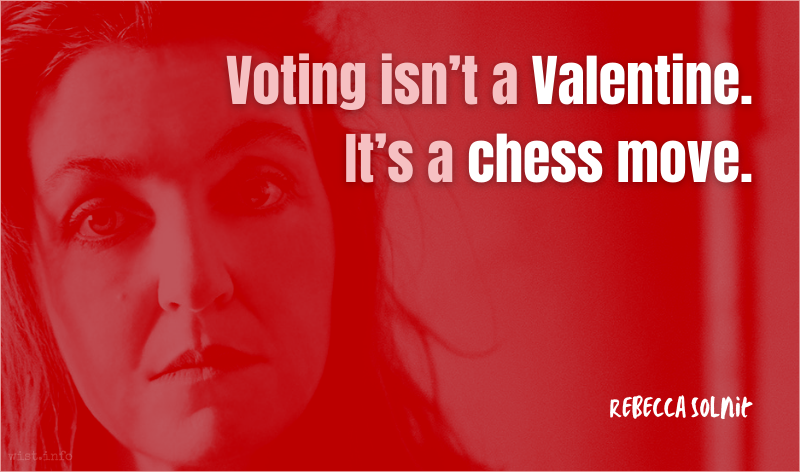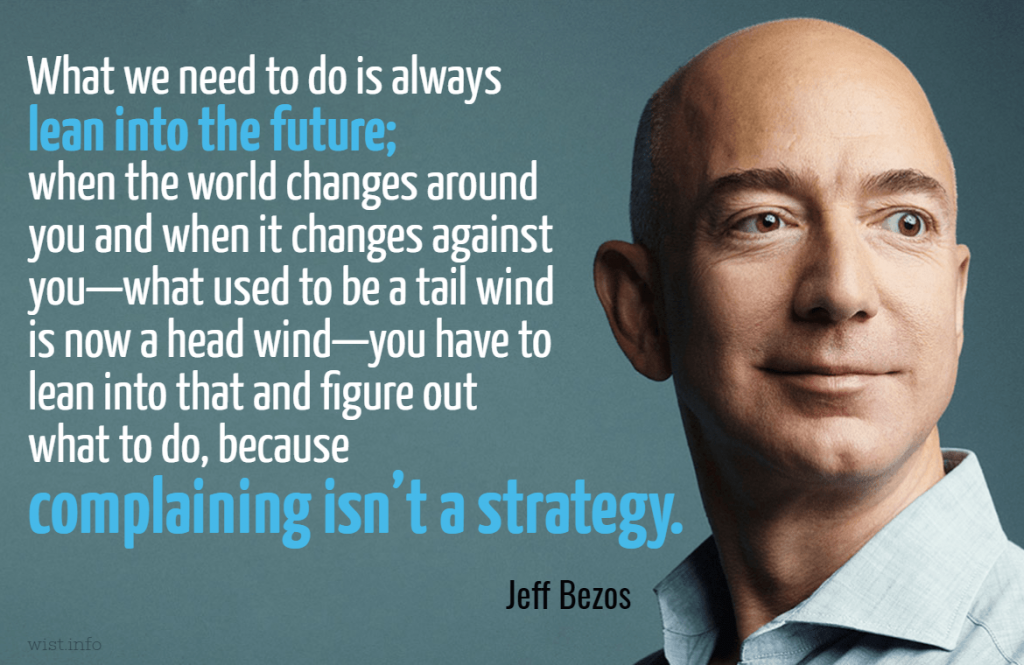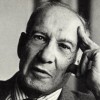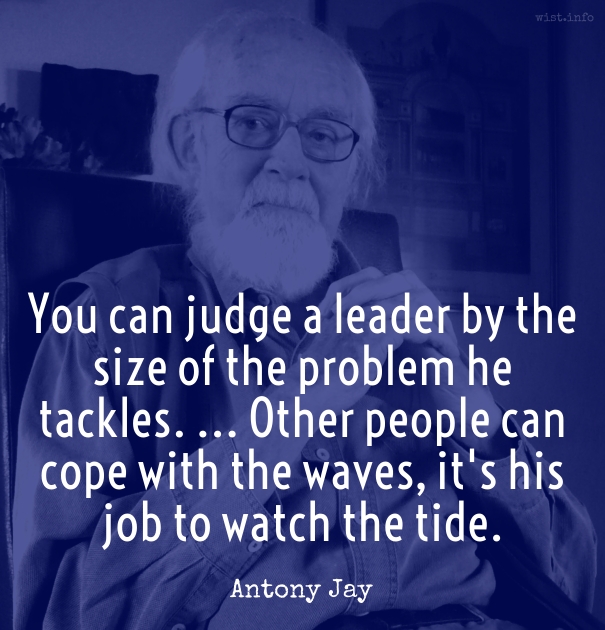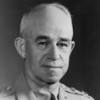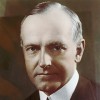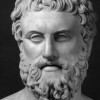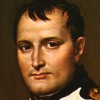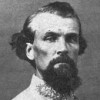People who are too much concerned with little things usually become incapable of big ones.
[Ceux qui s’appliquent trop aux petites choses deviennent ordinairement incapables des grandes.]François VI, duc de La Rochefoucauld (1613-1680) French epigrammatist, memoirist, noble
Réflexions ou sentences et maximes morales [Reflections; or Sentences and Moral Maxims], ¶41 (1665-1678) [tr. Kronenberger (1959)]
(Source)
Present from the 1665 edition. See here for more discussion (English).
(Source (French)). Alternate translations:
They that use to employ their minds too much upon Trifles, commonly make themselves incapable of any thing that is serious or great.
[tr. Stanhope (1694), ¶42]
Those who apply themselves too much to little things, commonly become incapable of great ones.
[pub. Donaldson (1783), ¶38; ed. Lepoittevin-Lacroix (1797), ¶41]]
Those who apply themselves much to little things, commonly become incapable of great ones.
[ed. Carville (1835), ¶35]
Those who bestow too much application on trifling things, become generally incapable of great ones.
[ed. Gowens (1851), ¶42]
Those who apply themselves too closely to little things often become incapable of great things.
[tr. Bund/Friswell (1871)]
Undue attention to details tends to unfit us for greater enterprises.
[tr. Heard (1917)]
Too close attention to trifles generally breeds incapacity in matters of moment.
[tr. Stevens (1939)]
Men too involved in details usually become unable to deal with great matters.
[tr. FitzGibbon (1957)]
People too much taken up with little things usually become incapable of big ones.
[tr. Tancock (1959)]
Those who apply themselves too much to little things, ordinarily become incapable of great ones.
[tr. Whichello (2016)]
Quotations about:
strategy
Note not all quotations have been tagged, so Search may find additional quotes on this topic.
It may be that we have become so feckless as a people that we no longer care how things do work, but only what kind of quick, easy outer impression they give. If so, there is little hope for our cities or probably for much else in our society. But I do not think this is so.
Jane Jacobs (1916-2006) American-Canadian journalist, author, urban theorist, activist
The Death and Life of Great American Cities, Introduction (1961)
(Source)
You make what seems a simple choice: choose a man or a job or a neighborhood — and what you have chosen is not a man or a job or a neighborhood, but a life.
More strategies fail because they are overripe than because they are premature.
Kenichi Ohmae (b. 1943) Japanese management consultant, writer
The Mind of the Strategist (1982)
(Source)
Build movements. Vote with your values, but vote strategically. Voting isn’t a Valentine. It’s a chess move.
Rebecca Solnit (b. 1961) American writer, historian, activist
Facebook (17 Oct 2016)
(Source)
Solnit is credited with the core message of the last two sentences. She indicates (including from that Facebook post) that it was something she had said that was extracted and perhaps tweaked by May Boeve. E.g., "That 2016 aphorism that I sort of said and May Boeve made into this stand-alone slogan." (1 Nov 2018) "I said that off the cuff in 2016 and May Boeve caught it and it went on to have a nice life. It's also not the only chess move you get." (11 Aug 2020).
Variants:
- "Voting is a chess move, not a valentine. And here's the joy of being politically engaged all year round every year; you get to work with a whole lot of chess pieces and players and strategies and long-term visions, so you don't agonize over whether this little hop with a pawn we call voting defines you. You get to define yourself by what you're passionately committed to, by who you align with, by your dreams and your visions, you get to move a lot of pieces a lot of times, you get heroic allies, and you play to win above, beyond, around elections. But you vote, because you know it matters too." (7 Nov 2016)
- "I think of voting as a chess move, not a valentine. It’s just a little part of the picture of how we make the world." ("The 2000 Election Unleashed Disaster on the World. We Can’t Let that Happen Again in 2016," The Nation (3 Nov 2016))
- "A vote is not a valentine. You are not confessing your love for the candidate. It's a chess move for the world you want to live in."
- "Voting isn't a valentine, it's a chess move. Just one of many with one of your many pieces, if you're using what you've been given."
What we need to do is always lean into the future; when the world changes around you and when it changes against you — what used to be a tail wind is now a head wind — you have to lean into that and figure out what to do, because complaining isn’t a strategy.
Jeff Bezos (b. 1964) American business magnate, entrepreneur, investor
Interview, ABC News (25 Sep 2013)
(Source)
Culture eats strategy for breakfast.
Peter F. Drucker (1909-2005) Austrian-American business consultant
(Attributed)
Frequently attributed to Drucker, but not found in his writings. See here for more discussion.
You can judge a leader by the size of the problem he tackles — people nearly always pick a problem their own size, and ignore or leave to others the bigger or smaller ones. The chief executive should be thinking about the long-term changes which will bring growth or decay to different parts of the enterprise, not fussing over day-to-day problems. Other people can cope with the waves, it’s his job to watch the tide.
I am under no illusion that our present strategy of using means short of total war to achieve our ends and oppose communism is a guarantee that a world war will not be thrust upon us. But a policy of patience and determination without provoking a world war, while we improve our military power, is one which we believe we must continue to follow. … Under present circumstances, we have recommended against enlarging the war from Korea to also include Red China. The course of action often described as a limited war with Red China would increase the risk we are taking by engaging too much of our power in an area that is not the critical strategic prize. Red China is not the powerful nation seeking to dominate the world. Frankly, in the opinion of the Joint Chiefs of Staff, this strategy would involve us in the wrong war, at the wrong place, at the wrong time, and with the wrong enemy.
In the discharge of the duties of the office there is one rule of action more important than all others. It consists in never doing anything that someone else can do for you. Like many other good rules, it is proven by its exceptions. But it indicates a course that should be very strictly followed in order to prevent being so entirely to trifling details that there will be little opportunity to give the necessary consideration to policies of larger importance.
Calvin Coolidge (1872-1933) American lawyer, politician, US President (1925-29)
The Autobiography of Calvin Coolidge (1929)
(Source)
Often given as "One rule of action more important than all others consists in never doing anything that someone else can do for you" or "Don't do anything yourself that someone else can do for you."
Strategy is the art of making use of time and space. I am less chary of the latter than the former. Space we can recover, lost time never.
A strategist should think in terms of paralyzing, not of killing. Even on the lower plane of warfare, a man killed is merely one man less, whereas a man unnerved is a highly infectious carrier of fear, capable of spreading an epidemic of panic. … The sword drops from a paralyzed hand.
I git thar fustest with the mostest.
Nathan Bedford Forrest (1821-1877) American / Confederate military leader
(Attributed)
Sometimes "corrected" as "I get there firstest with the mostest men," first found in print in a New York Tribune article about Civil War generals. The New York Times (28 May 1918) speculatively corrected this to "Ma'am, I get thar first with the most men." Elsewhere given as "I always make a rule to get there first with the most men."
War is mainly a catalogue of blunders.
Winston Churchill (1874-1965) British statesman and author
The Second World War, Vol. 3: The Grand Alliance, ch. 20 “The Soviet Nemesis” (1950)
(Source)
Specifically, on the USSR failing to form an allied front in the Balkans against Hitler prior to his attack on them.
Good and evil both increase at compound interest. That is why the little decisions you and I make every day are of such infinite importance. The smallest good act today is the capture of a strategic point from which, a few months later, you may be able to go on to victories you never dreamed of. An apparently trivial indulgence in lust or anger today is the loss of a ridge or railway line or bridgehead from which the enemy may launch an attack otherwise impossible.
C. S. Lewis (1898-1963) English writer, literary scholar, lay theologian [Clive Staples Lewis]
Mere Christianity, Book 3 “Christian Behavior,” ch. 7 “Forgiveness” (1952)
(Source)





